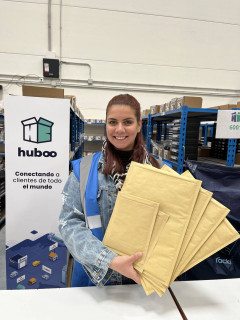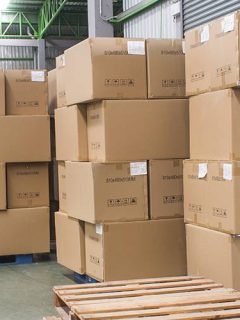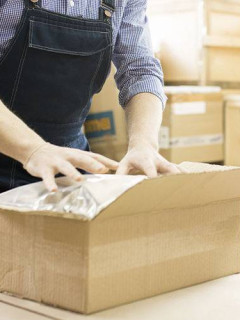Since September 2015, the RAJA-Danièle Marcovici Foundation has managed to raise more than €420,389 through the combined efforts of all its subsidiaries in Europe. These funds will be used to train 800 women in new agricultural techniques, distribute hundreds of horticultural kits, repopulate 12 hectares of forest, etc.
The results of our first campaign can be summarised as follows

de esta manera, con motivo del Día Internacional de la Mujer, el 8 de marzo de 2016, tuvo lugar la entrega de los fondos a las distintas asociaciones para continuar apoyando el trabajo de la mujer, la protección del medio ambiente y la lucha contra el cambio climático.
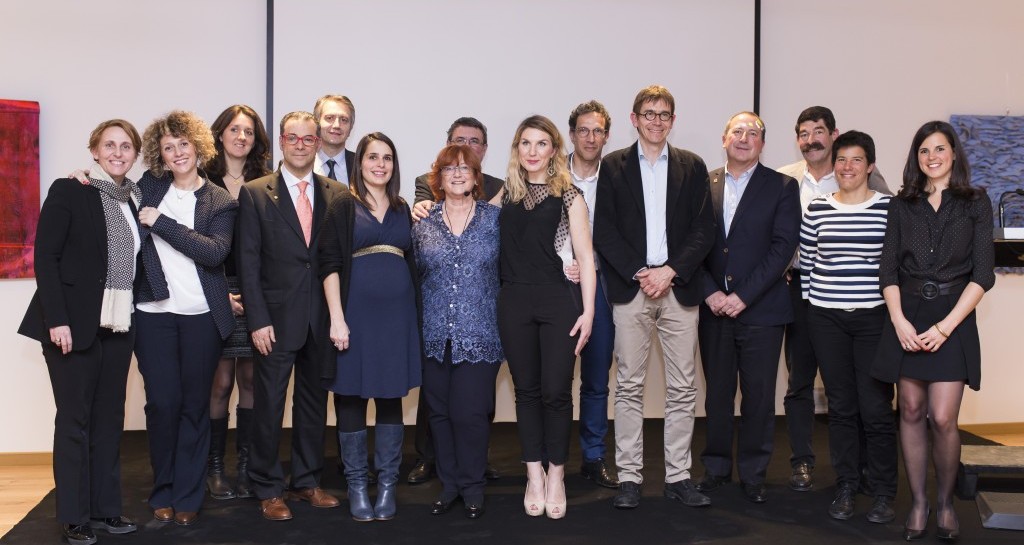
Algunos de los proyectos que financiamos, durante el año 2015 fueron:
Proyecto Bio-escuelas de Semillas de la Esperanza – India.
En el Norte de la India, las mujeres de la zona son las encargadas del trabajo de la tierra y, a pesar de poseer conocimiento tradicional para trabajar la tierra y preservar el medio ambiente, sus habilidades no son apreciadas debido a la sociedad patriarcal de la que forman parte. Frente a esto, es importante promover la creación de una
agri
- Provide training for girls who, mostly from poor families, have had little access to education.
- Create spaces such as gardens within schools that can serve as learning environments for nature and environmental preservation.
- Build participants’ self-confidence in a context where they are given little participation.
in Northern India, by focusing on women farmers, who also represent the majority of the beneficiaries of the “Seeds of Hope” project, SOLIDARITY strengthens women’s autonomy and leadership. In addition, the project has also naturally created a system of solidarity in the community, as the women farmers themselves share their knowledge and their own surplus production with their neighbours and families.
GERES project – Myanmar
GERES aims to develop the household cooker sector in Myanmar, one of the least developed countries in the South Asian region. The cookers, created under quality policies, would have a better performance and would affect 300,000 households.
The project seeks to
- To ensure the quality of the cookers sold.
- To enable the economic development of the enterprises run by the producers.
- To consolidate improved cookstoves in order to slow down forest degradation and reduce CO2 emissions from biomass combustion.
- To give the necessary means to women producers to achieve their emancipation as women entrepreneurs and to strengthen their professional capacities.
the project focuses on employing the improved cookers to reduce the workload of women, who allocate an average of 217 hours per year on tasks such as collecting firewood in Myanmar.Thus, these devices reduce cooking time and thus save time, save fuel and thus reduce indoor air pollution.
The project supported by the Raja Foundation aims to reach 150,000 women in Myanmar, who will be able to
- To receive the necessary training to develop a cleaner and more efficient household.
- Provide them with tools to improve their production chain.
- Help women to reduce their workload and focus on other profitable activities or take a break.
eSSOR Association Agricultural Programmes Project – Mozambique
This project addresses several problems often encountered in peripheral areas of large African cities, including
- Intensive production and high pressure on land.
- Difficulties in marketing.
- Weak organisation of producers and support institutions.
- Intensive and uncontrolled use of chemicals that impact the environment and public health.
faced with these problems, this project proposes concrete solutions such as
- Strengthen the capacity of the various actors and the sustainability of the project over time.
- Improve and diversify agricultural production, through experimentation and dissemination of agro-ecological production techniques, respectful of the environment.
- Improve marketing channels and the structuring of a sector called “healthy vegetables” without the use of chemical products.
the project ensures that women, the main actors in Maputo’s green areas, are always represented, present and valued in all activities and that they gain more weight in the governing bodies. Thus, thanks to their improved knowledge and access to new markets, they can increase their income and can improve their economic condition and the living conditions of their families.
Project “Better trained livestock women facing the challenges of climate change” – Cuba.
In Cuba, where more than 80% of food is imported, food production has become a national priority. But recurrent droughts, due to climate change and the degradation of structures strongly impact yields.
This project, whose incidence is higher in the province of Camagüey, a key livestock province, seeks to
- Improve the quality and quantity of production of high-potential livestock farmers.
- Promote gender equality in the livestock sector.
- To contribute to change the behaviour and improve the situation of women in the sector.
- To raise awareness among women beneficiaries through training programmes and to face the challenges of climate change.
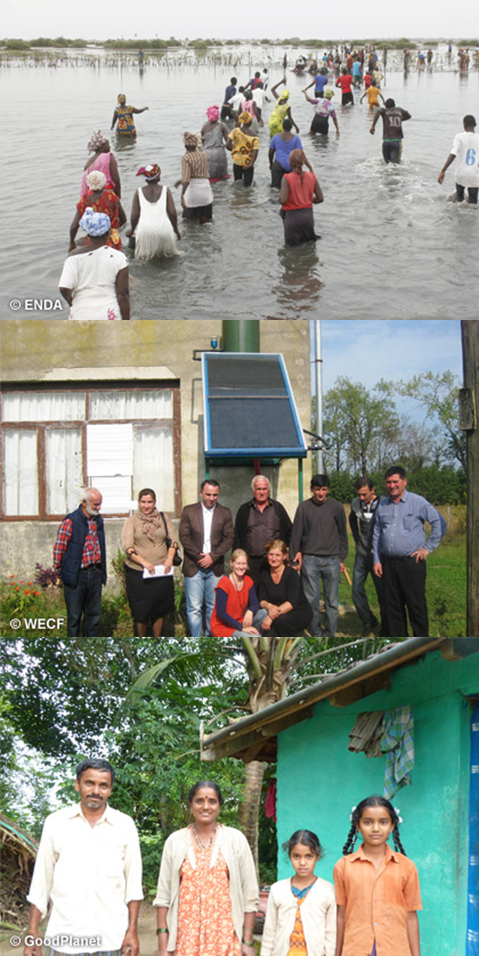
- Biodiversity protection in Senegal: Supporting the action of the international network ENDA in training Senegalese women fishermen to follow more environmentally friendly practices and to combat the overexploitation of natural resources in the Siné Saloum Nature Reserve.
- Energy Transition in Georgia: Working with WECF, women in Georgia will be able to benefit from training programmes that will enable them to manufacture and market more efficient and renewable energy solutions, improving their living conditions and enabling them to enter into new economic activities.
- Agriculture and Energy Sustainability in India: Under the leadership of the GoodPlanet Foundation, more women will be able to become active agents in the use of agricultural waste, enable their access to the use of cleaner energy and promote agricultural activity in a more sustainable way. Thus, by being involved, women can improve their living conditions and health.
if you would like to join forces and participate with us in the “Women and the Environment” Action Programme, you can do so by purchasing any of our 3 eco-responsible embassy products, made from renewable resources or composed of recycled materials; in this way, until 31 August, for each purchase 1€ or 2€ will be donated to the RAJA-Danièle Marcovici Foundation.
Thus, through the Foundation, the RAJA Group can finance the three new projects, donating the funds raised to the associations that lead and work on each initiative and continue to promote
the
Women and the Environment Action Programme
.












